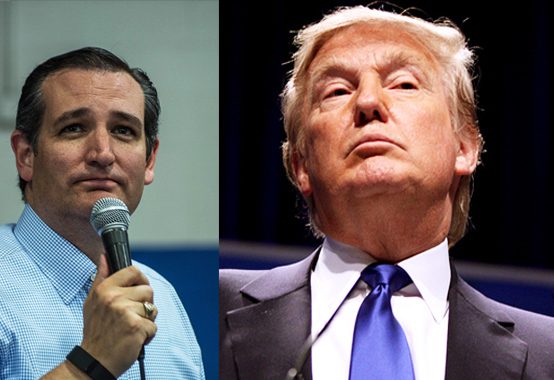What Do Our Presidential Candidates Know About Foreign Policy?

Micah Zenko poses eight questions for the presidential candidates on foreign policy to test how realistic and substantive their positions are. Here is the first one:
Is their proposed policy actionable? After the terrorist attacks in San Bernardino, Paris, and Brussels, the White House-hopefuls all made unspecific promises to “get tough,” “get serious,” or “redouble our efforts” in the war against the Islamic State. These are examples of emotive posturing, not actual policies that any governmental agency can implement. A policy is a clear statement of intent with supporting courses of action that government employees can implement. As English diplomat Harold Nicholson wrote in 1933, “[a]n imprecise policy means no policy at all. It means aspiration only.”
Zenko’s questions are good ones, and we would benefit from hearing the candidates answer them. I would add a few more questions:
1) Can you explain what your preferred policy entails?
Candidates frequently invoke “no-fly zones” or “safe zones” in connection with the Syrian civil war, but there is rarely any acknowledgment of what either of those would require in practice. Candidates propose one or both of these as if they are unobjectionable and risk-free options, but both would involve committing U.S. forces to dangerous missions with potentially significant costs. The first would require attacking Syrian and Russian air defenses that would put the U.S. in a state of war with both governments, while the second would require a large number of soldiers on the ground to protect the declared “safe zone.” Most of those soldiers would almost certainly be American. If a candidate doesn’t know this, he or she has no business endorsing one or both options, and if the candidate knows this but won’t spell it out voters should understand that they are being misled.
2) In hindsight, do you think you have ever been on the wrong side of a foreign policy debate? If so, why were you wrong?
Some of the candidates have changed their tune on some major issues over the years out of political expediency (e.g., Clinton and the TPP), and others initially took positions that they later recanted (e.g., Trump and the Libyan war). It would be helpful for voters to force the candidates to confront their past errors (or what they now believe to be errors) and to make them account for their changed positions. Asking this question could also give voters some greater insight into how the candidates originally reached decisions that they later found to be mistaken. If a candidate denies that he held the old position or dodges the question, that also tells voters something about reliability and honesty.
3) Pundits and analysts try to give candidates labels of different foreign policy traditions that the candidates may not accept. What label would you choose to give your foreign policy, and why?
It would be interesting to hear from the candidates how they would define their foreign policy views, if only to determine which labels they flatly reject and don’t want applied to them. The question takes for granted that the candidates have at least a rudimentary understanding of the different labels used to describe foreign policy views, so if a candidate doesn’t know how to answer the question or gives a confused response that could also be very instructive.
Comments